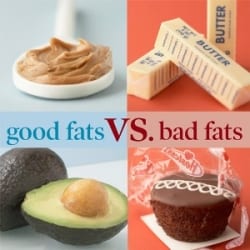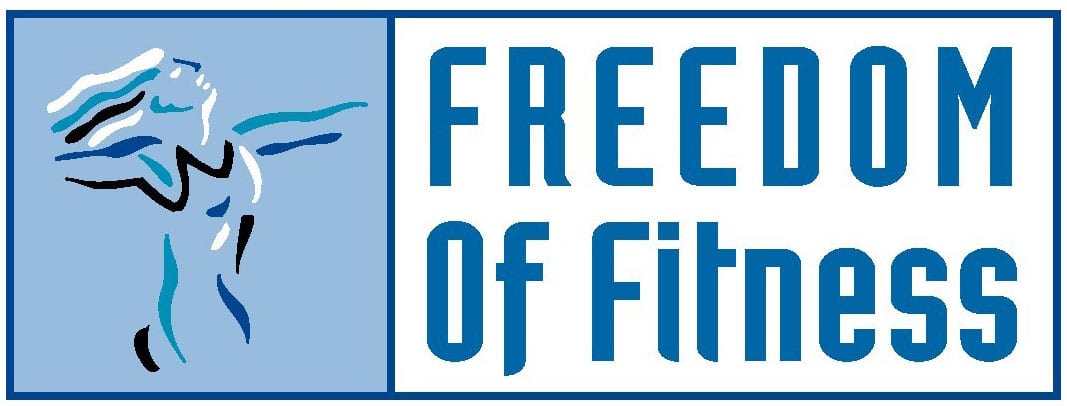
Here are the top 3 reasons I believe one should decrease dietary fat intake.
1) There is a need to increase carbohydrates to support training: In an effort to keep protein at an adequate level, dietary fat is the macro-nutrient to decrease so that the daily caloric intake remains the same, while the individual increases their carbohydrates. Carbohydrates are our primary source of energy, whereas dietary fat is a secondary source of fuel.
2) There is a need to decrease total calories on a weight loss program. Creating a negative calorie balance is the only way to reduce body fat. I encourage my clients to begin creating a calorie deficit by increasing their energy expenditure (exercise), improving the quality of the foods they eat and exercising portion control. Typically, when we improve our food choices, dietary fat decreases. Also, fat is 9 calories per gram vs. the 4 calories per gram of carbohydrate and protein, so cutting back on fat makes sense, if fat intake is high.
3) There is a need to decrease elevated blood cholesterol. Manipulation of fat and carbohydrate may be necessary if blood cholesterol levels are high or there is a family history of cardio-vascular disease.
If you fall into one of these three categories, please consider reducing your saturated fats, trans fats and partially-hydrogenated fats, as a starting point.
Dietary fat is also necessary for good health, especially monounsaturated and polyunsaturated fats. Avoid going below 15% in your diet, as this may result in a decrease in testosterone production, metabolism and muscle development. Low fat diets can also interfere with the absorption of fat-soluble vitamins, ADE&K.


